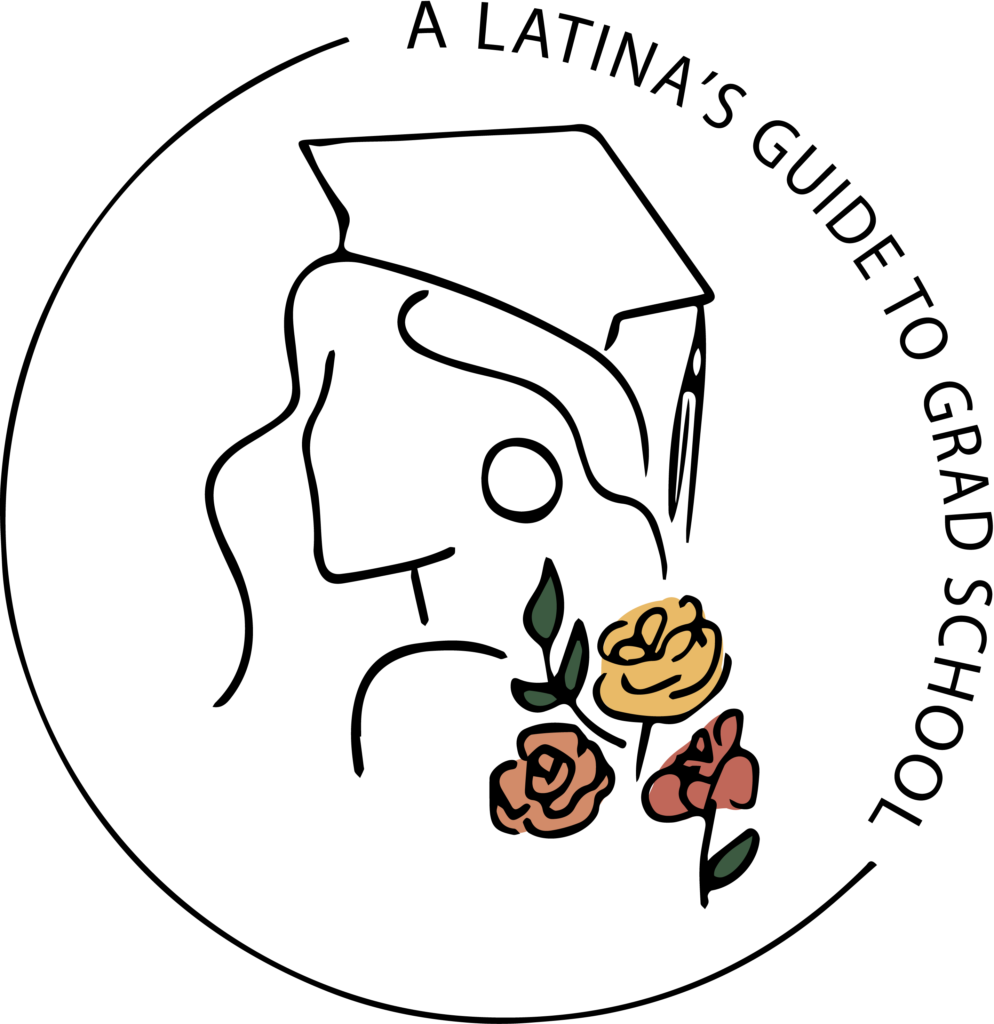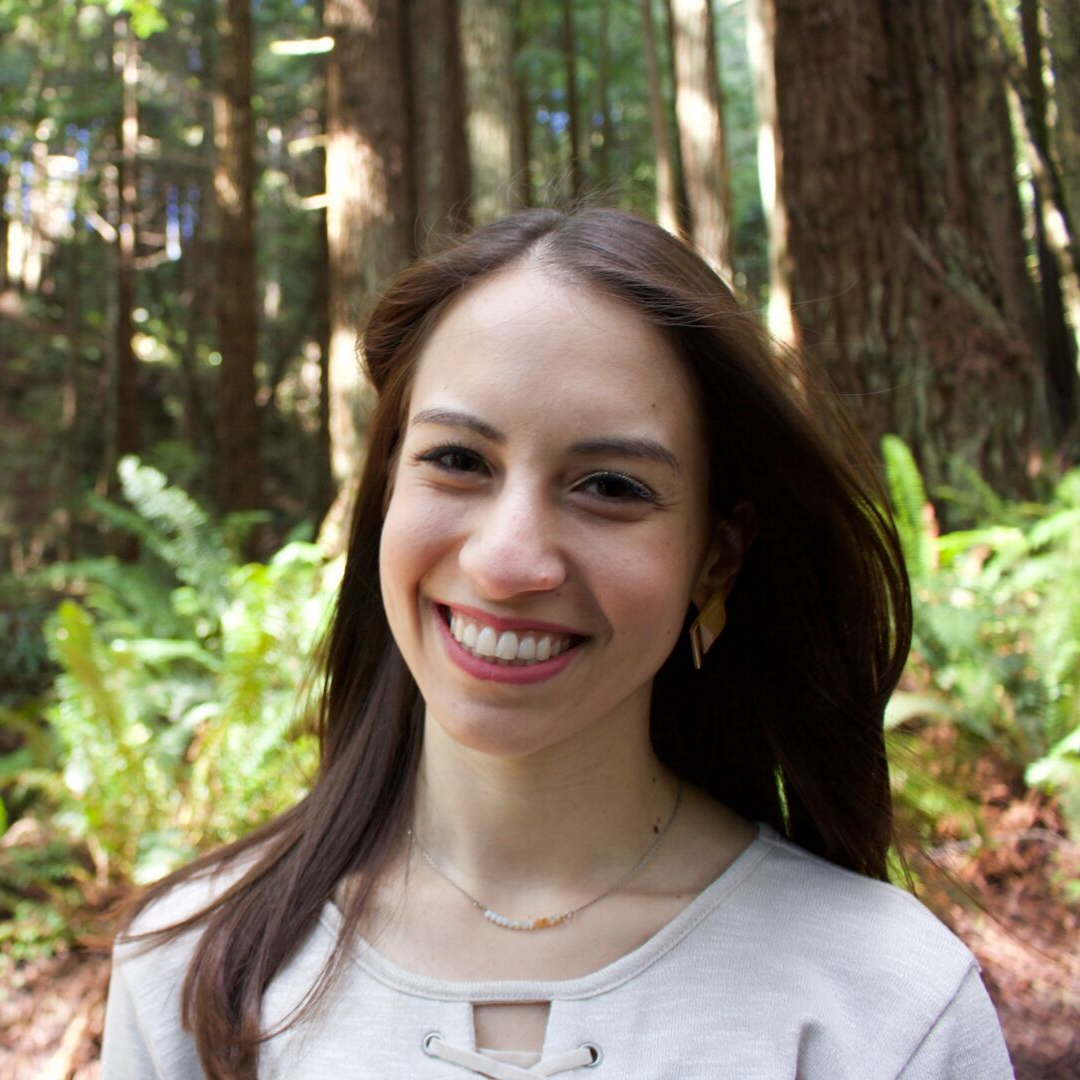Describe your personal, educational, and professional experiences and how they informed your decision to pursue a graduate degree.
My hometown is Calexico, CA- a small border town with a minority-majority population. Due to the proximity to Mexico, it is not surprising the most identify as Mexican or Mexican-American and the town is heavily influenced by border culture.
When I arrived at UCLA I experienced culture shock. The city itself was very different from living in a small town and the demographics on campus were very different from my hometown. My sophomore year I became a member of a Latina sorority on campus. This involvement shaped my experience, fostered a sense of belonging, and surrounded me with women who felt familiar and gave me a sense of home. By graduation, I had experienced a positive undergraduate career and loved UCLA.
Sometime after graduation, I found myself in a conversation with two SDSU students. I found that their undergraduate experience sharply contrasted my own. They did not feel a sense of belonging to the campus, they were local, commuter students and had never gotten involved. Listening to stories like these, and many more after, demonstrated the ways in which students are not completing their degrees or having significant experiences within higher education. This realization was the main motivator to receive a Master’s in postsecondary education with the hope to positively impact a new generation of college students.
What challenges did you encounter along your educational trajectory? How did you overcome those challenges?
I had taken two years off from school before starting my Master’s program. As a graduate school applicant, I faced an internal struggle- I questioned if I would be viewed as qualified, professional, or competitive enough to be in the Master’s program. To overcome struggles of doubt or insecurity I’ve learned you just have to go for it. It takes support from those around you, but most importantly from yourself. I don’t think I can say I have totally overcome insecurities in the professional world, but in that instance as an applicant, I applied and went through the interview process believing I deserved to be there. Once I began the program, I went through a similar struggle to find a voice as a Latina in higher education. To overcome this challenge I made connections with other women of color in my cohort and found I was surrounded by many strong, educated women.
A more external struggle in graduate school was balance. I wanted to take advantage of the opportunities available in only two years so I tried to do as much as possible. I had two part-time jobs, an internship, and was a full-time student. While it is definitely doable, it meant being more diligent with my time. Again, I had the support of my peers and family. Staying organized, optimistic, and finding people who were open to listening and support helped me overcome any challenges I faced.
What advice do you have for individuals who are interested in pursuing a graduate degree?
Do research. There are so many factors to consider: course requirements, program/learning outcomes, admission requirements, graduation requirements, location, online or face-to-face, faculty, size, co-curricular experiences, etc. You have done the whole “college thing” once. The first time around you may not have known what to look for or how to decide. This time, use the knowledge you gained during undergrad to find an institution and a program that is the right fit.
Take your time. Many undergraduate degrees can be applicable to all sorts of careers. On the contrary, most graduate degrees will be relatively specific. Do not start a graduate program just to do something or because you feel like you should. Wait until you find a career path or passion that it worth the time and money of a graduate program. There is no “right age” or time to start a graduate degree and no speed in which you have to finish. Take courses part-time if you need to focus on your career or personal life or take courses full-time if it works with your needs. Jump right in after undergrad or wait ten years in between. This next step is about you and your personal journey. Do not let societal expectations determine what you make of your future.
What did you enjoy most about your graduate/professional program?
Before starting my graduate program I did not have any professional experience in higher education and so I knew I needed a program that would give me real-world experience. Within two years I gained so much knowledge through internships and was a more competitive job applicant once I finished the program. The different internship opportunities allowed me to explore different campuses and departments to help find my best fit within higher education. I held different positions at SDSU, UCSD, and the University of Delaware. I gained experience in orientation, outreach, greek life, outdoor programs, first-year experience programs, assessment, and more. The opportunities to work and learn about this field, in and out of the classroom, were essential to my professional development. I also enjoyed my cohort. I consider many of my peers to be a part of my professional network and I made ties that have lasted beyond graduate school. My peers have pursued careers in a variety of functional areas and I enjoy seeing everything they’ve accomplished thus far and will continue to accomplish in the future.
Rachel is currently a Student Success Coach at the University of California, San Diego where she provides support and guidance to first generation college students.


